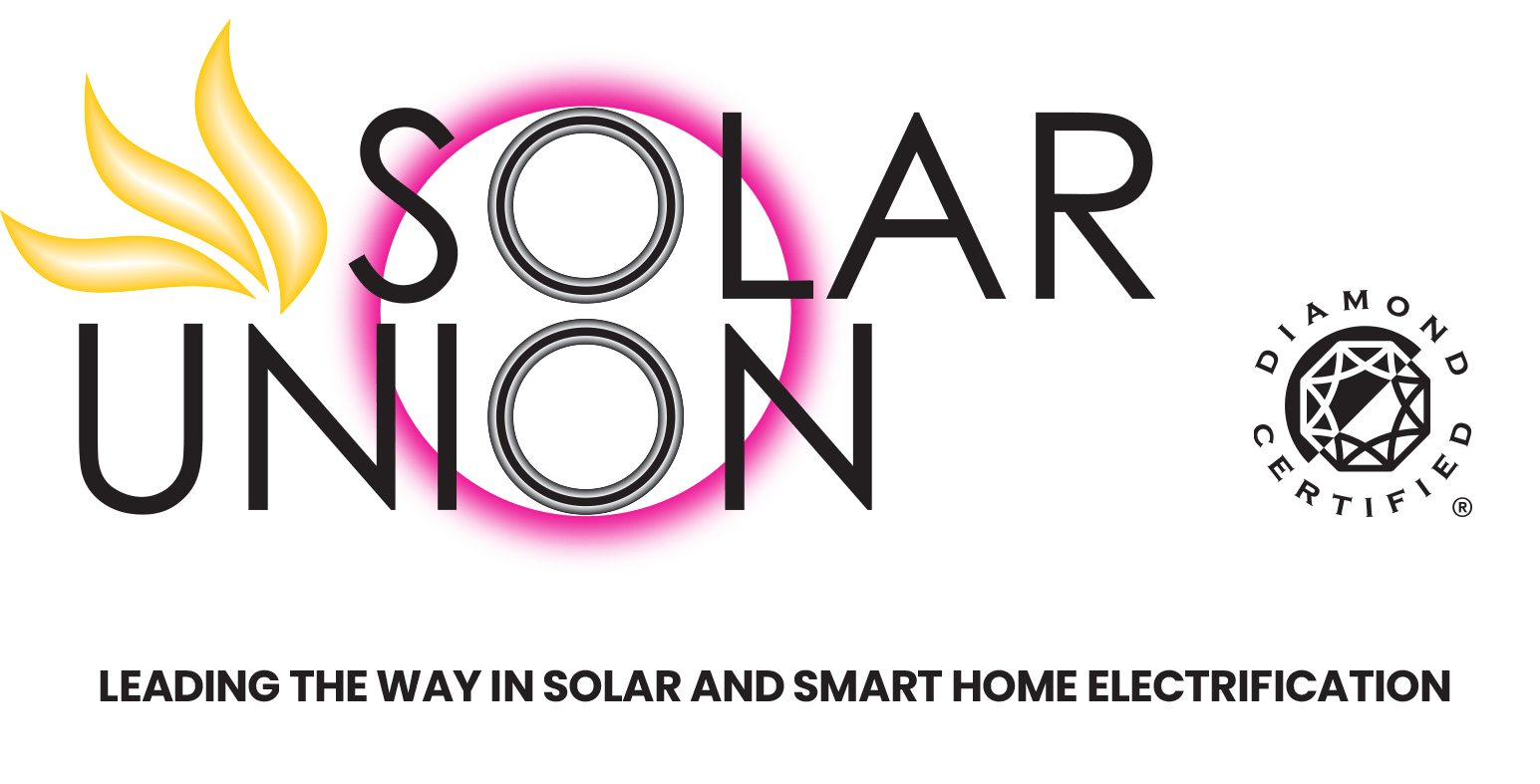
Home and business owners who are considering solar power may have questions about how well solar panels work in different weather conditions. However, long term cloud cover and heavy rains can reduce efficiency. In this blog post, we'll take a look at how rain specifically affects solar panels, how solar panels continue to work in the rain, how much efficiency is lost during bad weather, and whether a rainy environment should impact your decision to go solar.
How does inclement weather affect solar panel efficiency?
Understanding how solar panels work
To understand how rain and other inclement weather affects solar panel efficiency, you must first understand how solar panels work.
Solar panels are made up of photovoltaic (PV) cells that convert sunlight into electricity. PV cells convert sunlight into electricity by releasing electrons from atoms once exposed to photons in light. Also, solar panels now include various concentrators which use lenses and mirrors to maximize any light that can reach their PV cells. These components power alternative energy production with an electric current generated through movement.
The impact of rain on solar panels
Solar panels can still produce electricity in less-than-ideal conditions thanks to the PV cells using photons from both direct and indirect sunlight. It just won’t be as much electricity as they would produce if they had full sunlight. Later we’ll discuss how the efficiency is impacted as well as the physical impact of rain on your solar system.
Do solar panels work in the rain?
For the most part, yes, solar panels work in the rain. The problem is that the efficiency of energy generation can be greatly reduced. The amount of electricity generated depends on the density of cloud coverage and how much light is filtering through, so your system’s production will be unpredictable and limited on gloomy days.
Should you worry about outages during a storm?
There is no need to worry about a complete blackout during the rainy season, and not just because the panels still work. Most of the time, your home is still connected to the electric grid. So unless you have a completely off-grid system, when your solar panels don’t produce enough electricity for everything you need, your home draws power back from the grid.
Does battery storage make a difference?
A home battery storage option can help make up for energy production lost during rain. It does this by storing the excess energy that is generated while the sun is shining, allowing you to consume the excess when production is low. By pairing battery storage with your solar system, you can compensate for decreased electricity generation caused by cloud coverage.
How much is efficiency reduced by rain?
Solar panel efficiency is measured by the amount of sunlight that hits the panel and is converted into electricity. Events like rain, snow, and hail can all reduce the amount of sunlight that hits the panel, which in turn reduces efficiency.
- On cloudy days solar panels normally generate 30 % – 50 % of their maximum generation
- In heavy rain solar panels generate 10 % – 20 % of their maximum generation.
However, there are some mitigating factors to consider. For example, if the rainfall is light and steady, it may actually help keep the panels clean which could improve efficiency. Additionally, if the temperature is cool during rainfall, this can also increase efficiency because solar panels work best in cooler temperatures.
Is inclement weather bad for the solar panels?
Most solar panels available today are designed to be waterproof, so rainfall by itself will not have any negative impact on them. Extreme weather events, however, can cause damage. This shouldn’t cause too much worry as most solar panel installation companies do extensive testing on the effects of weather and have found it takes very severe weather to harm panels to the point of malfunction.
Solar panels are always outside and uncovered, and nature is unpredictable at best. The panels are designed and created to withstand harsh environmental conditions for over 30 years, and there are a few key components that work together to make the system waterproof.
- Glass coverings on the front to protect them from debris and impact
- A back sheet made of composite plastic
- A durable metal frame
- Special glue to seal both the back sheet and metal frame to prevent water from entering.
- Junction boxes with IP rating protection.
Under perfect conditions, the solar panels are not affected by water. Sometimes, however, defects can cause a breach in their seal which does allow rain to cause damage. The good news is that all SolarUnion products use warranties that mostly cover such flaws, and the manufacturer will replace any defective cells.
How do I know if solar is worth it for me?
Rainy weather should not be a deterrent when deciding if solar is right for you.
Despite what you might think, rain isn’t a death knell for solar power. In fact, in many ways, rain can actually be helpful to your system. Solar panels are most efficient when they are clean and free of debris. When it rains, the water can wash away dirt and grime that has built up on the panels, which can actually increase efficiency.
So if you’ve been worried about using solar because of rain, don’t be! The technology is designed to withstand inclement weather and generate power even when it’s not sunny.
Questions about rain being a problem for using solar? Give us a call. We would be more than happy to answer any other questions you have about going solar.

